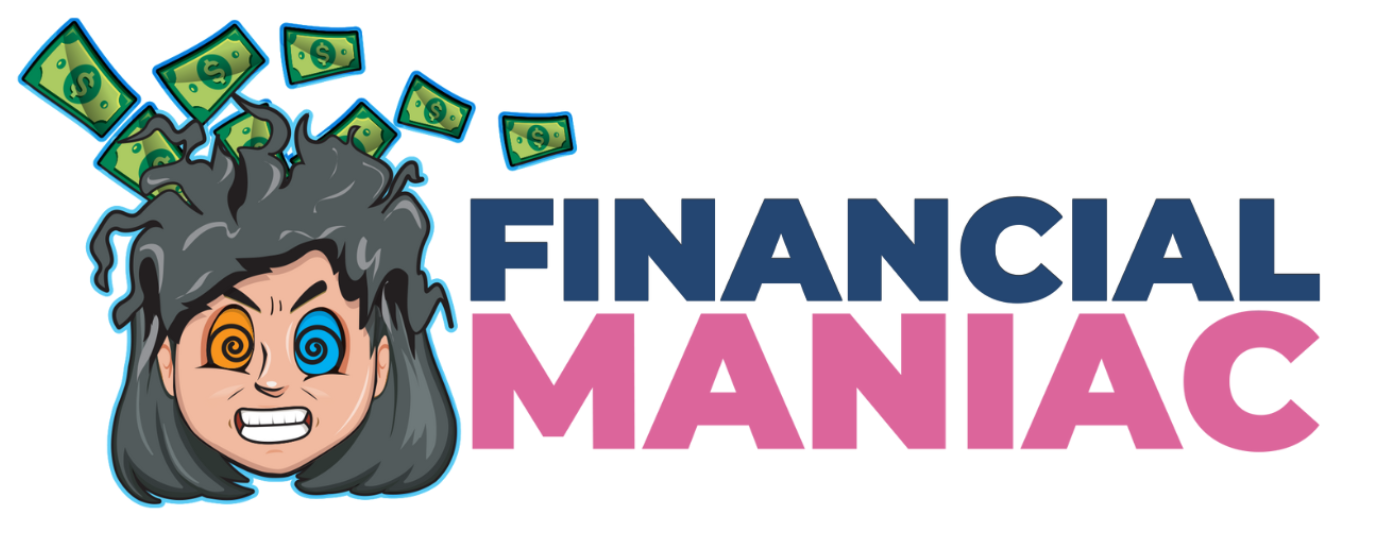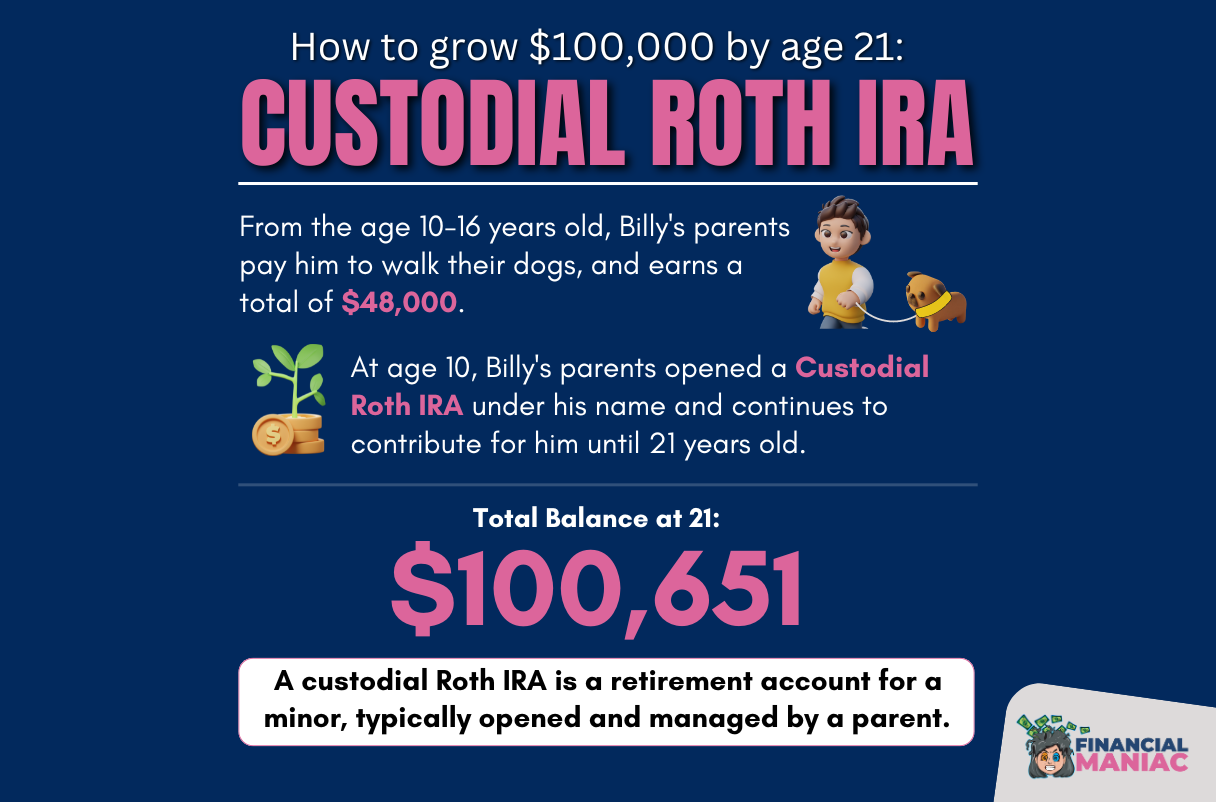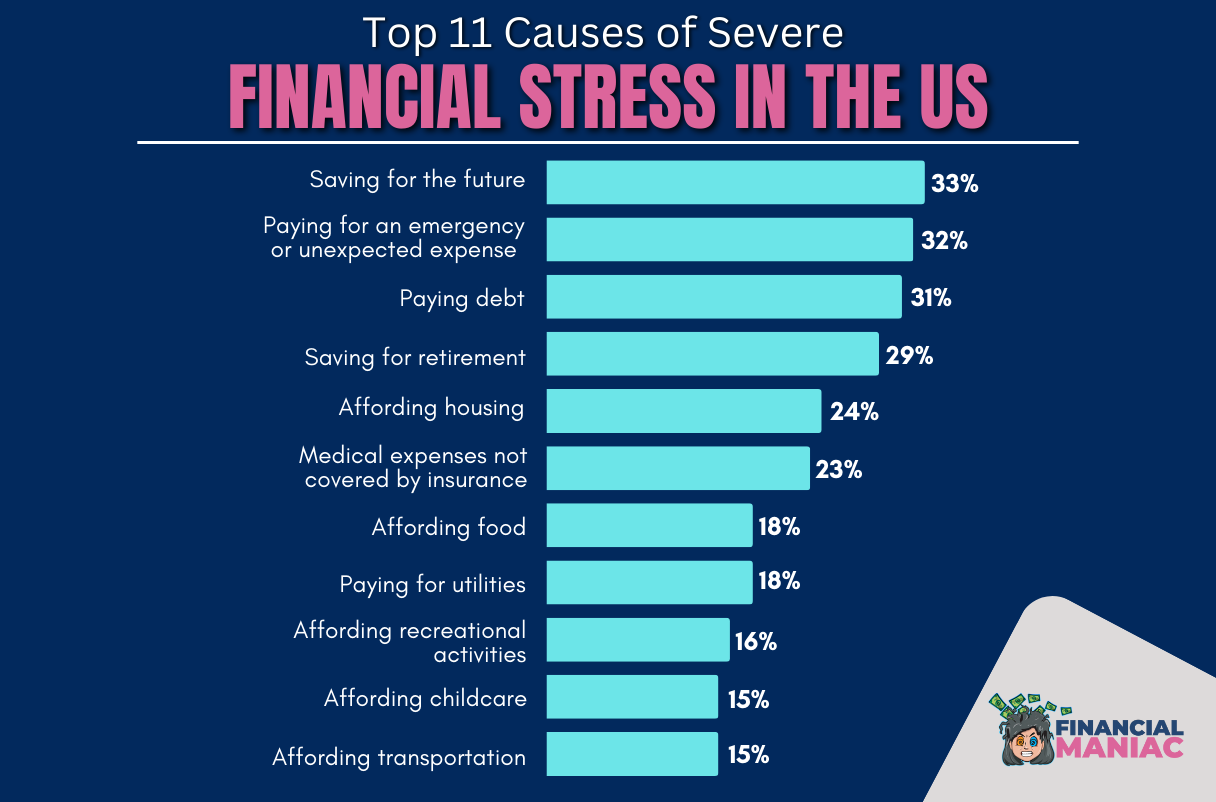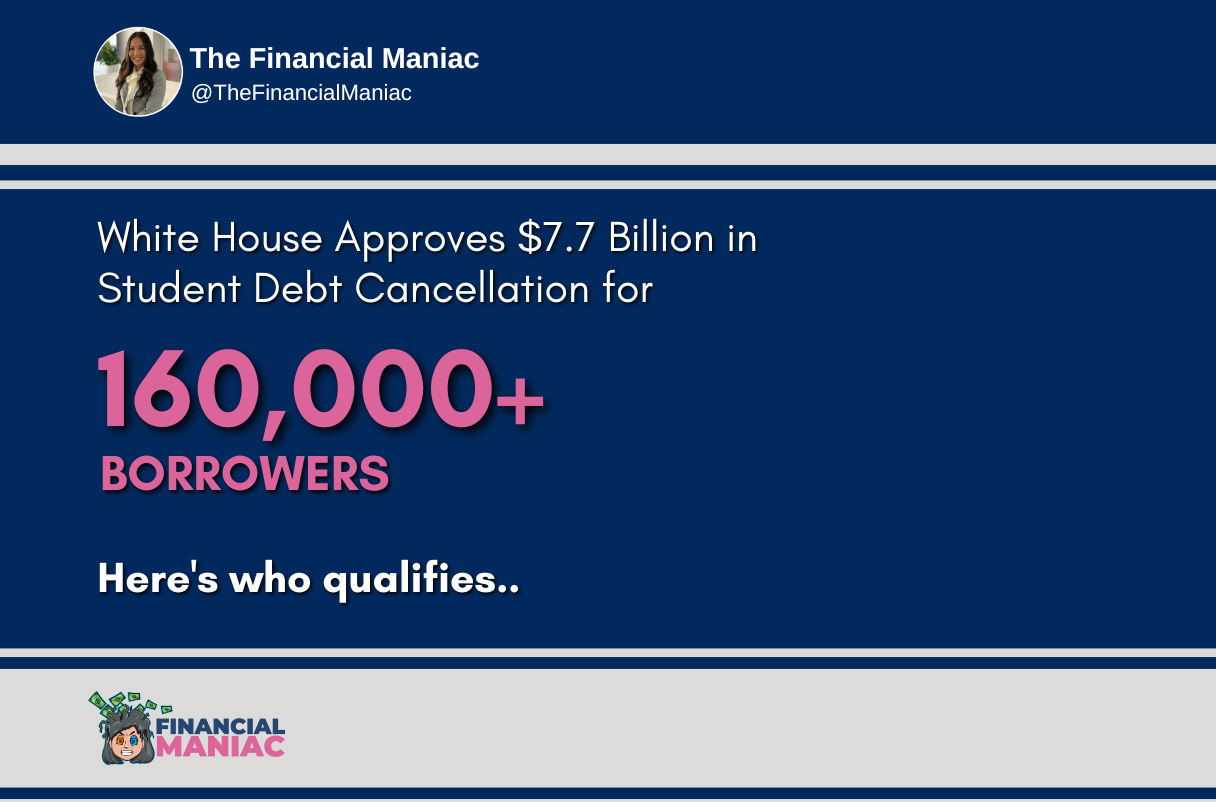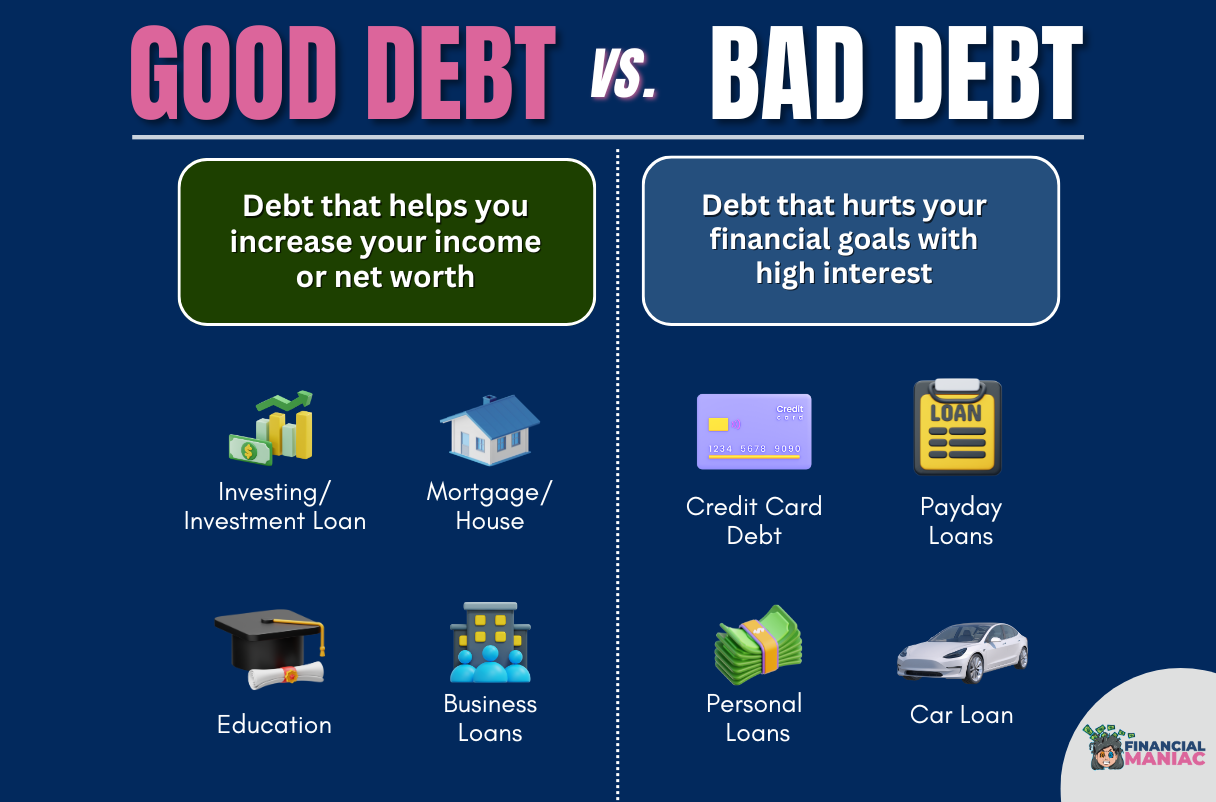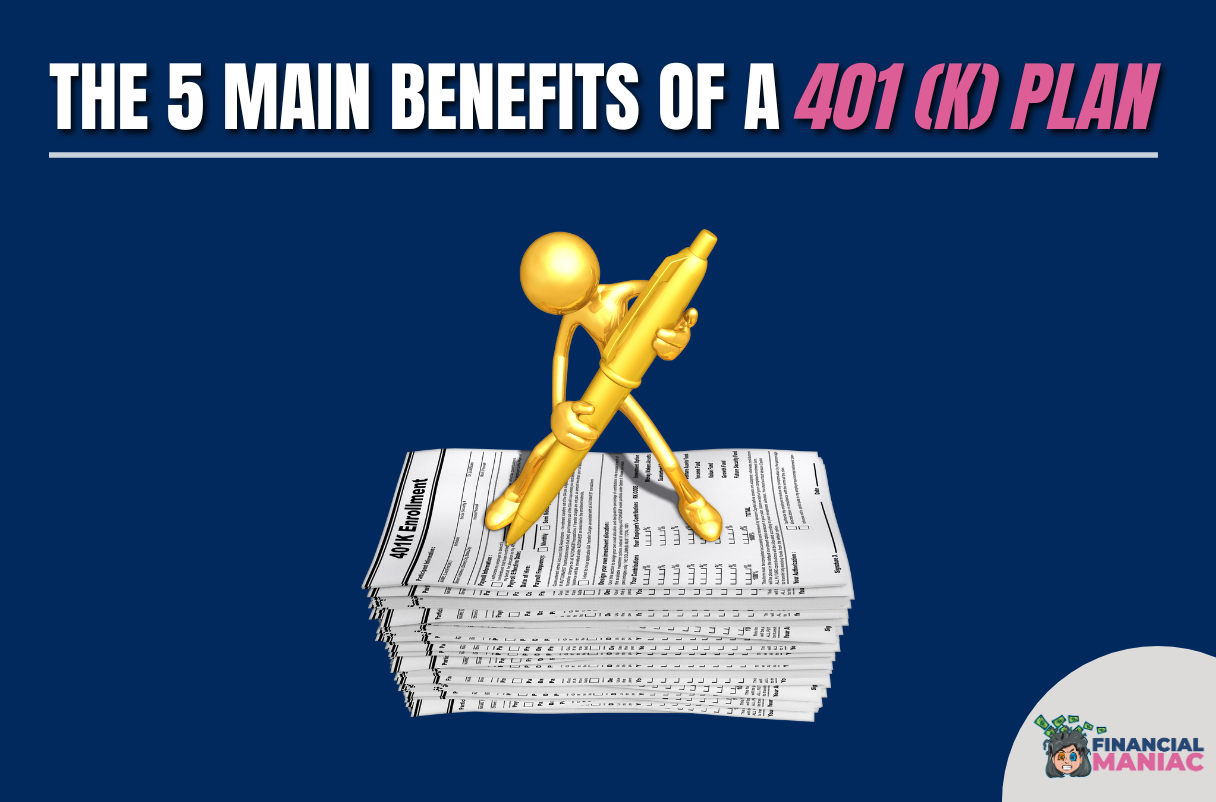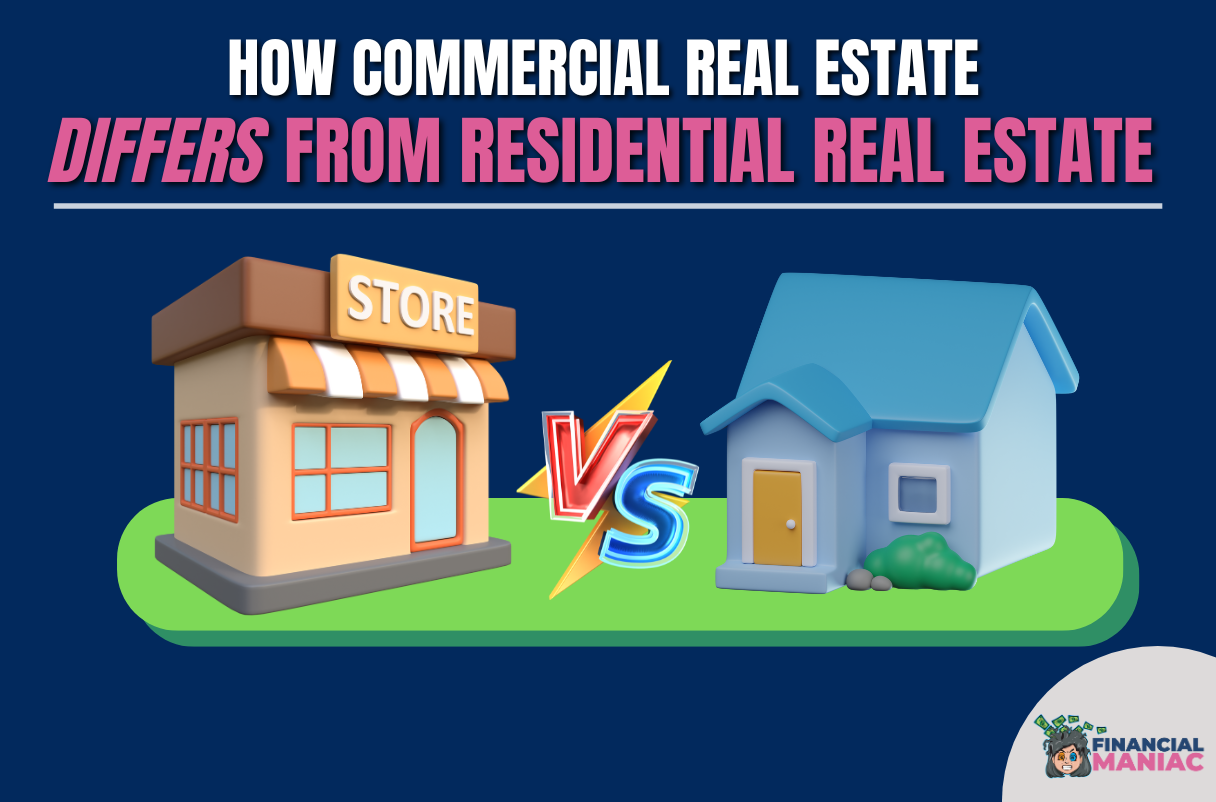BUDGETING
Budgeting Calculator
Utilize this budget calculator to strategize your savings goals and track your expenses effectively. Complete all relevant fields and adjust as needed to optimize your savings. In the income section, input your take-home pay, which is the amount remaining after taxes, benefit deductions, or contributions to pre-tax retirement accounts.
Monthly Budget Breakdown
- Housing: $0.00
- Food: $0.00
- Transportation: $0.00
- Education: $0.00
- Personal & Family: $0.00
- Healthcare: $0.00
- Savings & Investments: $0.00
How to Use Our Budgeting Calculator
To use this calculator, enter your income and expenses in the fields above. Each expense category is further divided into subcategories. Click the plus sign to view these subcategories.
Here are the general categories of income and expenses you’ll input:
- Income: Your total take-home income, including earnings from side hustles, alimony, child support, part-time jobs, etc.
- Housing: This includes your rent or mortgage payment, along with other essential housing-related costs such as utility bills, homeowners or renters insurance, and maintenance expenses.
- Food: Expenses for groceries, dining out, takeout, or meal delivery services.
- Transportation: Covers public transportation costs like buses, as well as car-related expenses such as monthly loan payments, repairs, insurance, tolls, and fuel.
- Education: Includes tuition, supplies, fees for K-12 students and adults attending college, and any student loan payments.
- Personal and family: This category encompasses cellphone bills, entertainment (e.g., TV streaming services, subscriptions like Spotify), fitness, pet care, household supplies, personal grooming (haircuts, toiletries), clothing, debt payments (excluding mortgages and student loans), and vacation expenses.
- Health care: Includes out-of-pocket expenses for health insurance, dental insurance, vision insurance, such as premiums (if not deducted from paycheck), copays, coinsurance, deductibles, medications, glasses or contacts, etc.
- Savings and investments: Money set aside for emergency funds, vacation funds, as well as long-term goals like college, retirement, and homeownership.
- Other: For any expenses that don’t fit into the above categories.
Budgeting Calculator Results Explained
Here’s how to interpret what the calculator computes:
- Total monthly income: This is the same as what you entered above.
- Total monthly expenses: This is the total amount of money you’re spending each month. Your goal is to make sure your expenses are less than your income so that you’re not relying on savings or debt to get by.
- Percentages of your budget: The pie chart shows the percentage of your budget each expense eats up. You can compare these with established guidelines, such as the 50/30/20 budgeting rule.
- Remaining monthly funds: This is how much you have left each month. It’s the gap between how much you bring in and how much you spend. The bigger the gap, the better, because then you’ll have more money to save for big goals like retiring or buying a home.
How To Use This Budgeting Calculator to Improve Your Finances
This budget shows you how you’re currently spending your money. That’s good for establishing a baseline, but you can take it a step further by playing around with the calculator and entering new numbers. For example, you can see how much you’ll have left over each month if you move to a cheaper apartment, spend less on groceries, or cancel that Hulu subscription.
Once you’re happy with how much money you have allocated to each category, you can write these numbers down as a guide, but don’t stop there. A plan is good in theory, after all, but it doesn’t become real until you actually follow it. Track your spending against your budget each month with budgeting software programs or apps, or even just pen and paper.
What To Do If Your Expenses Are More Than Your Income
If your expenses are higher than your income, know that you’re not alone. That said, it’s good to get your expenses under control if you can because otherwise, you’ll fall deeper into debt. Here are some things you can do:
- Find ways to boost your income: Whether it’s working a side hustle or a part-time job or asking for a raise at your current job, finding a way to boost the income side of the equation can have the biggest impact of all.
- Review your spending: It’s easy to guesstimate your spending with the calculator above. But going through your bank statements to see what you really spend can help you find areas you can work on.
- Negotiate with creditors: If debt payments are pushing you into the red, reach out to your creditors. You can ask a lender for a modified payment plan or refinance your debt into more manageable payments.
- Do a no-spend challenge: Try to eliminate spending for a month (or several) on a problem area in your budget, such as clothing or entertainment. This doesn’t mean you deprive yourself of these things forever; it just normalizes not spending as much money on them and finding cheaper alternatives.
- Seek help: The National Foundation for Credit Counseling is a reputable nonprofit organization that offers financial planning help. You can get personalized budget assistance and help with more complicated things, like negotiating with your creditors or finding out which financial assistance programs you qualify for.
Where To Put Extra Money If You’re Under Budget
If you have money left over at the end of the month, congrats! Now you can really move your financial situation forward. Here are a few things you can do—ranked by importance—with that extra money.
- Put it in your emergency fund: While you had a good month now, it probably won’t always be that way. If you don’t have a fully funded emergency fund, this is a great place to put that money.
- Pay down debt: If you have debt, now’s a good time to knock some of it down. Debt with a high interest rate is generally better to pay off before lower-interest debt since that’ll save you more in the long run.
- Save it for later: If you have a savings goal, such as saving for a house, that extra money can go a long way. You can also consider parking it in your retirement account.
What Is a Budget?
A formal budget is a plan for how you want to spend your income. It can be as fancy as a spreadsheet or software program or as simple as a list of income and expense categories and amounts written on a sheet of paper. It’s a way to make sure you’re not spending more than you’re earning and that you have enough left over to reach your financial goals.
Without a budget, it’s easy to lose track of spending and have nothing left to show for your hard work. Budgets solve that problem by giving you a plan to stick to.
Benefits of Using a Budget
There are a lot of reasons to use a budget:
- Less stress: Even though budgets can be challenging at first, in the long run they can lower your stress by helping ensure you’ve got all your expenses covered and can save for the future. Money is cited as a source of stress for most people, and budgets can help to solve these financial problems over time.
- Prepare for emergencies: Your budget should include saving for an emergency fund that can keep you from going into debt if you lose a job or have an unexpected expense.
- Reach your big financial goals: Budgets make sure you have enough for your everyday spending and those longer-term goals that are hard to save for.
- Better credit score: Budgets can help you plan your debt payments each month. By paying on time, you’ll see your credit score rise over time.
